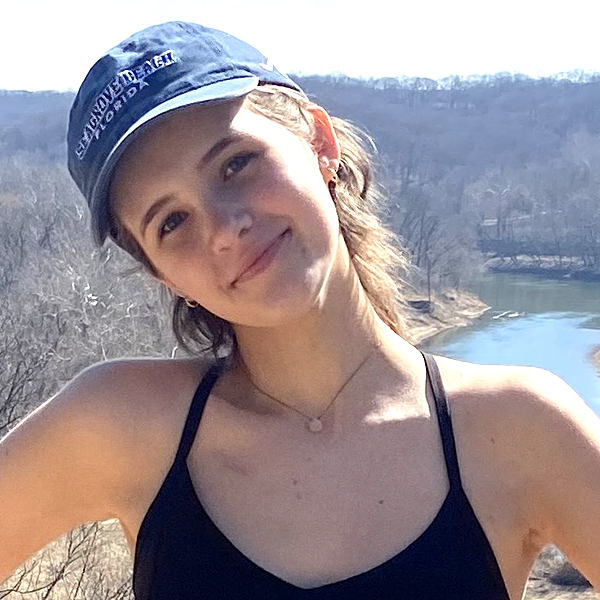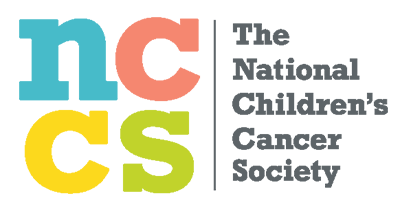Meet Gabriella Furdek

Years Awarded:
2024-2025
I also rediscovered an interest I had lost since my diagnosis: a passion for medicine, and the empathy needed to bring light to darkness.
Like many rising juniors, I awaited the new school year with a blend of excitement and anxiety. I created a plan that treated my new “upperclassman” role with the esteem it deserved. Quickly, though, this notion was shattered. After a routine check-up turned into a hospital stay, I found out a rare, malignant tumor was wrapped around my pituitary gland, invading my brain. After my diagnosis, I struggled to face reality, so I willed time to rewind. When this failed, I switched to escapism and dreamed of sand scorching my soles, waves crashing on the shore beside me, and the smell of salt water stinging my nose. Anything to avoid my fate and the isolation of my hospital bed.
My life was transformed in a matter of days. Learning about the nervous system in my anatomy class turned into my oncologist explaining my own neural abnormalities through three-dimensional images of my brain. While my classmates tested hypotheses in the lab, my doctors tested their own theories with needles and scans and medications. Being in the hospital became a part of my daily life. After brain surgery, I woke up in pain and without my parents in the ICU. A nurse sat by my side, held my hand, and offered a reassuring suggestion. “Picture when this is over. What you will do with the rest of your life.” How strange-the terror of the present robbed me of all thoughts of my future. Determined not to let myself or the nurse down, I shifted my focus.
Instead of a patient, I became a collaborator and an active participant. During rounds, rather than spacing out, I invited my team inside my room so I could listen and contribute. I researched the clinical trials and procedures that were used in my treatment plan, and I came to my appointments prepared with new questions every week. I learned methods to tackle the harsh side effects of chemotherapy and tips to fight the fatigue that plagued radiation. Most importantly, I opened myself up to a future I had forgotten could exist instead of lingering in the past.
This switch in mentality allowed me to reflect on my experiences since my diagnosis. While it radically altered my life, I remained determined to complete as much of my junior year as possible. I stayed in touch with teachers and close friends, striving to remain connected in my absence. I also rediscovered an interest I had lost since my diagnosis: a passion for medicine, and the empathy needed to bring light to darkness. While this experience terrified me in many ways, it also showed me the beauty of the healing arts, which I now see as part of my future. And not just the future I had meticulously planned before having cancer. A future that exists because of having cancer.
Eight months later, I lay on the radiation table for one final day of treatment. With my head secured to the table by the plastic mesh-like mask, I return to the advice that I received before the MRI. Imagine your happy place. l close my eyes, and with Phoebe Bridgers playing in the background, a picture comes into view. Not of me at the beach, or even me enjoying my junior year with my classmates. I see myself with my doctors. Not of me as a patient, but as a peer. I am envisioning my future.
